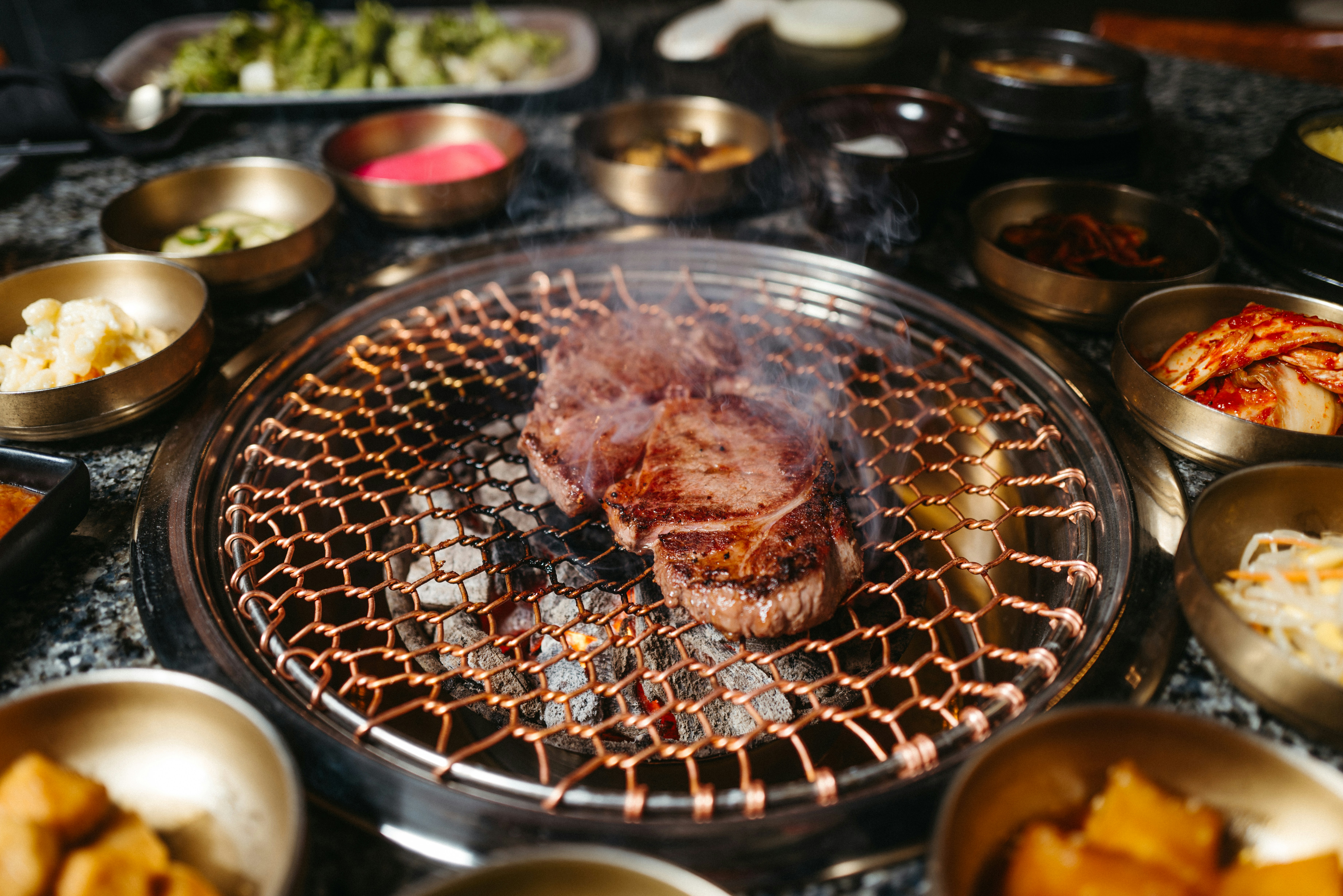Spicing Up Your Life: An Introduction to Moroccan Cuisine
From the bustling markets of Marrakech to the quiet corners of the Atlas Mountains, Moroccan cuisine is a treasure trove of flavors waiting to be discovered. This article will guide you through the unique attributes of this North African cuisine, introducing you to the ingredients, cooking methods, and dishes that make it so distinctive.
A Taste of Morocco: Ingredients that Define the Cuisine
The flavors of Moroccan cuisine are as diverse as the country’s landscape. At the heart of it, you’ll find a myriad of spices like cinnamon, cumin, coriander, and the renowned Ras el Hanout, a blend of up to 30 spices often used in Moroccan dishes. Fruits such as dates, figs, and olives also feature prominently, adding a sweet or tangy twist to meals.
The Art of Moroccan Cooking: Techniques and Tools
Cooking in Morocco is an art perfected over centuries. The traditional clay pot, known as the tagine, is central to Moroccan cuisine. Its unique conical shape allows for slow, even cooking, infusing dishes with a depth of flavor. Couscous, another staple, is often steamed to perfection in a couscoussière.
Signature Dishes: From Tagines to Pastilla
Moroccan cuisine boasts an array of delicious dishes. The tagine, named after the pot it’s cooked in, is a slow-cooked stew brimming with tender meat and aromatic vegetables. Pastilla, a savory-sweet pie filled with spiced meat and dusted with powdered sugar, is another must-try.
Moroccan Beverages: Beyond Mint Tea
While mint tea is a well-known Moroccan beverage, the country’s drink repertoire extends beyond it. Try the thick, creamy avocado juice, often sweetened with a touch of sugar, or the refreshing orange blossom water, typically served as a palate cleanser.
Moroccan Bread: More than Just a Side Dish
Bread in Morocco is not just a side dish; it’s an integral part of meals. From the everyday khobz, used as a utensil to scoop up food, to the fluffy msemen pancakes, Moroccan bread is as diverse as it is delicious.
A Pinch of Moroccan Magic
-
Ras el Hanout, the signature spice blend of Moroccan cuisine, translates to “head of the shop,” implying it’s the best the spice merchant has to offer.
-
Bread is so revered in Morocco that if a piece falls on the ground, it is picked up, kissed, and used again.
-
The ceremonial preparation and serving of Moroccan mint tea is known as “atai,” symbolizing hospitality and tradition.
In conclusion, Moroccan cuisine offers a culinary adventure like no other. With its vibrant spices, unique cooking techniques, and diverse range of dishes and beverages, it provides a fascinating insight into the country’s rich cultural heritage and gastronomic traditions. So why not spice up your life and take a flavorful journey into Moroccan cuisine?





